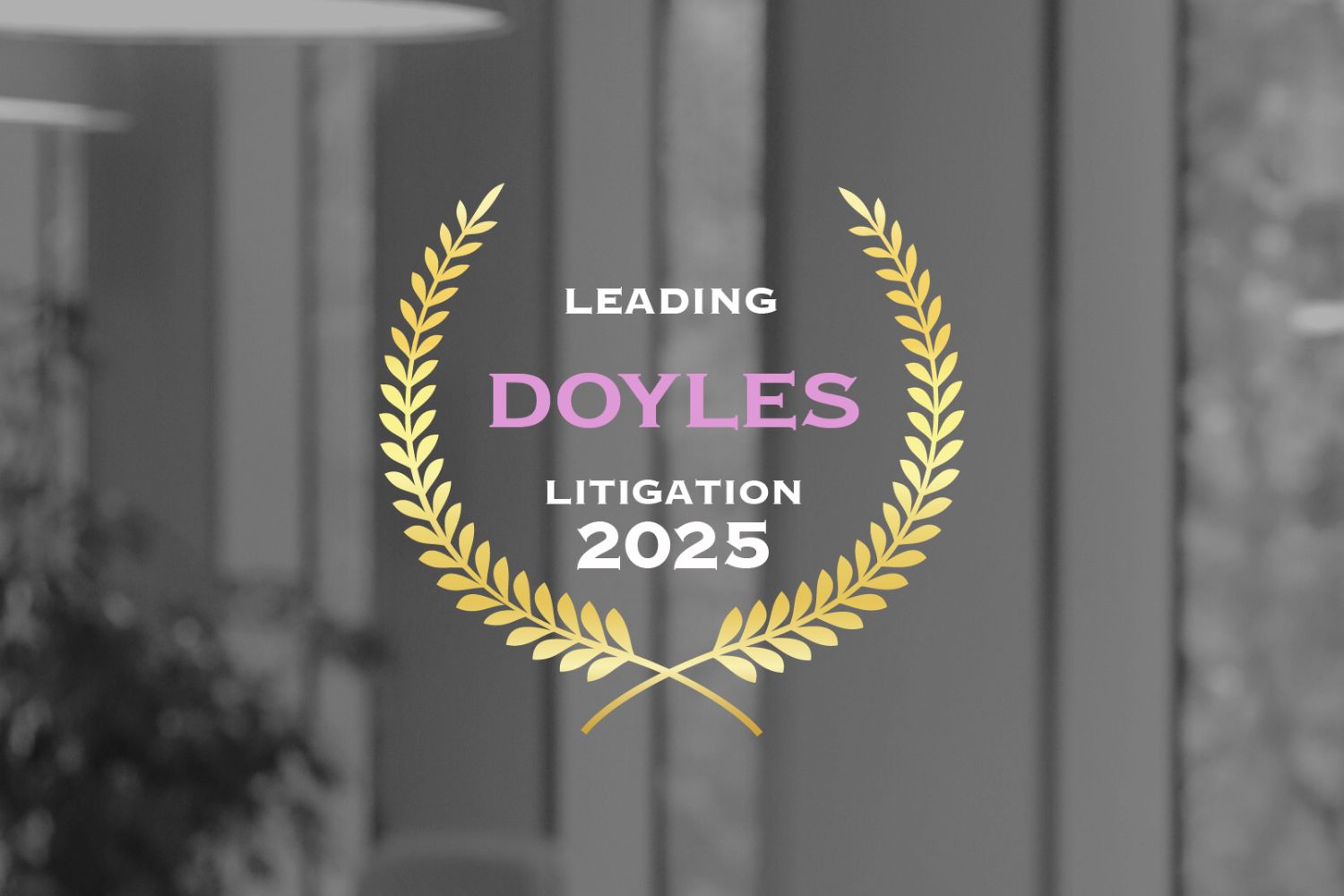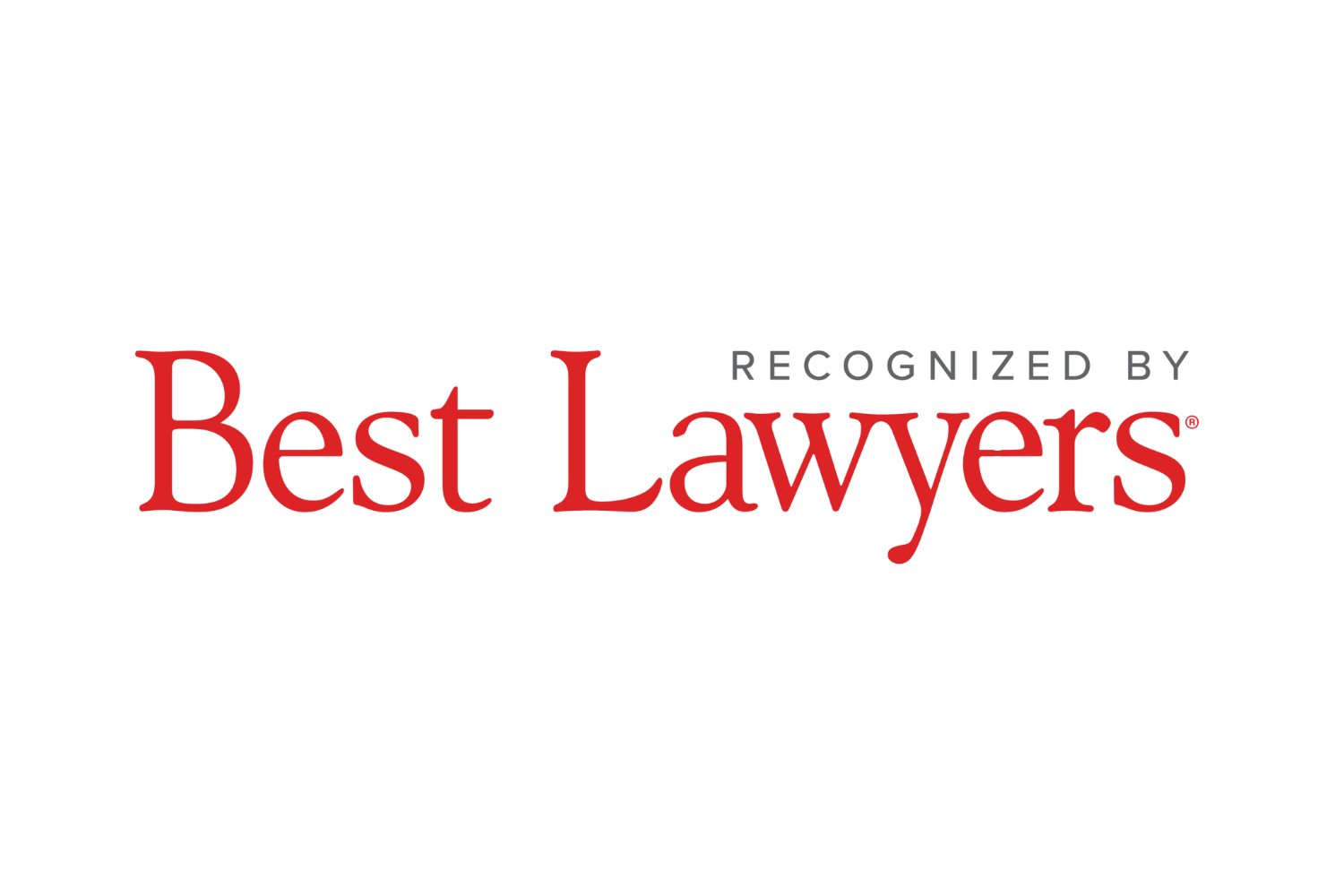The midpoint of a legal dispute—when positioning on critical arguments evolves—is often where lawyers can provide the most value. However it’s the murky midpoint that can also invite uncertainty for clients if appropriate care is not taken to maintain focus or adjust the plan where necessary.
In such a case, uncertainty can surface from:
Exclusion from the process: Here, we mean the lawyer managing the dispute without your active involvement and participation throughout. Without meaningful information and an opportunity to actively contribute, you will naturally feel unsettled about evaluating alternatives with confidence, such as settlement options, advancing new arguments or going to trial.
Concerns over budget: Sometimes cost estimates change over the course of the dispute without a clear sense of progress towards resolution, leading to disproportionate fees – as was recently seen in Shi v Mills Oakley [2020] VSC 498.
No sight of the end: If litigation is bogged down by process, where steps taken appear to have no direct correlation to achieving your objective, the dispute can seem indeterminable and hopeless. All too often this concern arises because of a failure to ensure there is a deliberate and managed plan to achieve a client’s reasonable objectives and a focus on ensuring each step is directed to that end.
So how do you progress through the midpoint and towards resolution with greater clarity?
In our view, clarity must start with consistent reflection and collaboration on what is most important to the client and a laser focus on only those steps necessary to achieve those reasonable objectives.
Consider the following to regain this focus:
1. Take stock of your role in the process: Create clear processes around when you are to be informed, and expectations surrounding responsiveness to your questions and concerns. Use meetings to not only get updates on progress already made, but to forecast possible future decisions and the information required to make them.
2. Review critical issues: A pre-agreed set of objectives should include an outline of the critical issues to be resolved in your dispute. If done well, large and complex amounts of information should be distilled down to what is critical and essential in simple language. Seek clarity where these objectives are not easily comprehensible. Consider any information that was not previously available. Are these issues still crucial to achieving the most effective outcome? If so, what information or steps are required to address the issue? If things have changed, realign the focus.
3. Get a good sense of what’s left: Revise the scope of work with a current understanding of critical arguments and question if the remaining tasks are still relevant to the outcome sought. Do these tasks appear to reflect standard procedure, are they intentional, purposeful steps towards your resolution?
4. Revisit cost and risk assessments: Determine the boundaries of your cost assessment. Considering current risk, determine—regardless of the resources expended to date—whether the recommended path to resolution is still a worthwhile investment. Seek objective advice about the best and worst case scenarios for resolution in light of current circumstances, including critical analysis of your legal position in the eyes of the Court and the other party. Open a dialogue around contingencies.
Lawyers are there to help you effectively resolve your dispute. Creating a space for clients to actively participate and voice their concerns along the way is an important element to ensuring that service is well delivered.
If you are concerned with any of the above reflections, or would like further advice about navigating a complex matter, please contact us.




